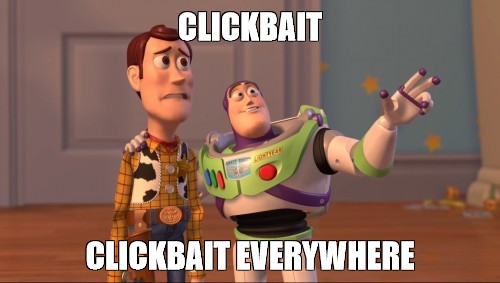1987 June 28, the city of Sardasht, West Azerbaijan was attacked by Iraqi aircraft with mustard gas bombs in two separate bombing runs on four residential areas. 130 people died and eight thousand people were injured.
Of the civilians who died, 39 were under 18 years of age, including 11 under the age of 5, and 34 were women or girls. In 2006, out of 20 thousand population of the city, a quarter were still suffering from the consequences of these bombings. There are people who still are suffering from those bombings today.
Many of the 95% who survived the Sardasht gas attack developed serious long-term complications over the next few years, including serious respiratory problems, eye lesions, skin problems, and immune system problems.
It’s almost 2024 and you would think people are sure of their feelings towards Saddam Hussein, the one who ordered the use of chemical weapons against civilians in Sardasht, far far from the war front. Not!
Just visit YouTube and search for Saddam Hussein, open a video and go to the comment section. Comments are filled with people calling Saddam a legend, a hero, a king. You would think that after bombing multiple cities and killing civilians in cold blood, people would realize what a monster he is, but no, they don’t, evidently.
Sardasht, Marivan, Halabja, Sarpol-e Zahab, Gilan-e-gharb, and Oshnavieh are cities documented to be targeted with chemical gas by Saddam Hussein. Not only the civilian areas alone but also medical centers and hospitals were targeted. What a legend!
The cities I mentioned are not the only ones, but the most famous ones. Near 41 thousand people overall were targeted by chemical weapons during the war. Forty one thousand people, at least. The actual casualties are much higher, as the latency period is as long as 40 years.
Iran asked the UN to engage in preventing Iraq from using chemical weapon agents, but there were no strong actions by the UN or other international organizations. The Security Council ratified reports of use of chemical weapons against Iran and two statements were issued, on 1984 March 13, and 1986 March 21, condemning Iraq for those chemical attacks, but the Iraqi regime did not abide by those condemnations and continued launching chemical attacks.
After the war, Saddam hid himself, then got arrested eventually, tried, and got hanged. There were celebrations all around Iran and Iraq by millions of people who finally were free from this monster. Now it’s almost 2024 and I see people calling him a hero. People seem to be blind.
One of my uncles who was 15 years old at that time was killed in Shalamcheh. His body was lost for almost 16 years. My grandfather tells me that during the 16 years of waiting for him in desperation, every time someone knocked on their door they would jump and rush to the door because deep down they had hope that maybe, maybe, it’s him coming back.
Someone knocked their door, finally, and gave them the news. A piece of his scapula and one boot, along with his dog tag was found. They had to do a DNA test to be sure that the bone was in fact his. This is the result of what this legend did. For 16 years they waited.
Halabja was one of the cities that was bombed by Saddam, with chemical weapons, and many people died there.
Qader Molanpour, who 2020 film Walnut Tree is based on him, lost his three children and his pregnant wife during delivery. All of his family members were exposed severely to chemical gases and died as the result of it. The newborn child, due to the improper condition of the hospital (as a result of attacks on hospitals and medical centers), was transferred to a hospital in the city of Tabriz and Molanpour could never find his last child ever. He died in 2016 December 31 while still searching for his child. His last child was named Zhina, meaning “life.”
It’s not really about Saddam. Saddam, Hitler, radical militia and terrorists around the world, these all have fans and supporters around the world. Taliban, with years of experience of torture, beheading, killing innocent people, and terrorist bombing on civilian areas, is now ruling Afghanistan and has its supporters. Hitler, with record killing of 40 million people (and total of 75 million) is a hero of some people.
Military generals of the confederate army who fought against liberation of slaves have their statues and flags up in states. There are some Italians, and some others, who worship Benito Mussolini, a dictator who killed over a million people.
I don’t know what has happened to us but there’s something we did wrong. We did something wrong. We thought history would speak for itself, we thought maybe history will teach us and our children, but that was wrong. It’s sad but I thought that being a mass-murderer, a dictator, a war criminal, and a homewrecker of millions would buy one some bad reputation but I see it only helped people worshiping them.
I don’t know what should we do, I don’t have any idea how to stop this, i don’t know what am I supposed to do against this. I’m hopeless for the young generation.




